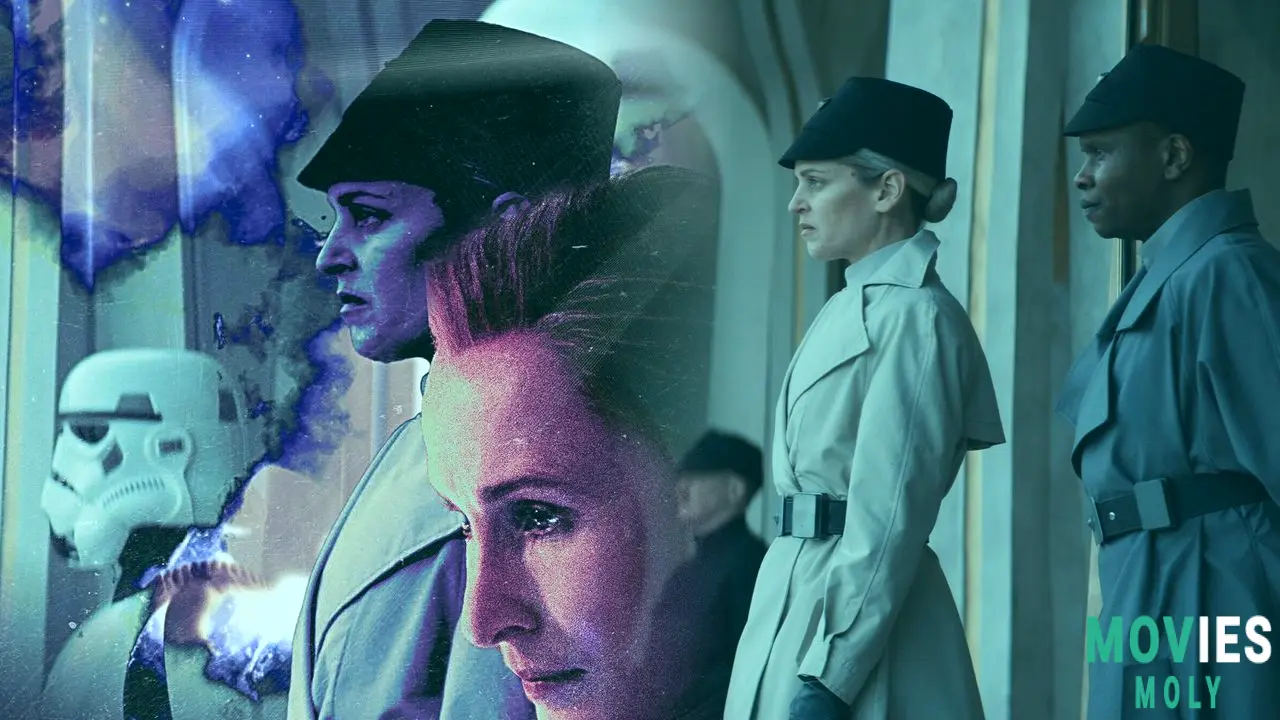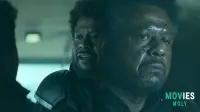Star Wars creator George Lucas once built a galaxy far, far away around space wizards and light-speed chases. Tony Gilroy has taken that universe and grounded it in something far more human — and urgent. With Andor, Gilroy didn’t just add another chapter to the Rebel-Era saga; he redefined what Star Wars storytelling can look like when stripped of Jedi mysticism and focused on the messy, moral grayness of revolution.
Gilroy turned political theater into Rebel genesis storytellingGilroy’s work on Andor (co-helming season 2 with brother Dan Gilroy) reaches its emotional and narrative peak not in a space battle, but in a Senate speech. Mon Mothma’s full-floor denouncement of the Empire in “Welcome to the Rebellion” isn’t just a fan-service moment — it’s the culmination of years of political maneuvering, moral compromise, and silent suffering. A moment that Star Wars Rebels once touched on, but Andor makes unavoidable and real.
And it only happens because Gilroy wasn’t willing to be constrained by existing canon. In a candid admission, he called it “hijacking canon.” Instead of recycling the speech Mon Mothma gave in the animated series, he wrote an entirely new one — one that speaks to the death of truth, the danger of propaganda, and the inevitability of standing against evil once silent complicity becomes genocide.
The Ghorman arc shows Gilroy’s eye for real-world echoes without name-dropping
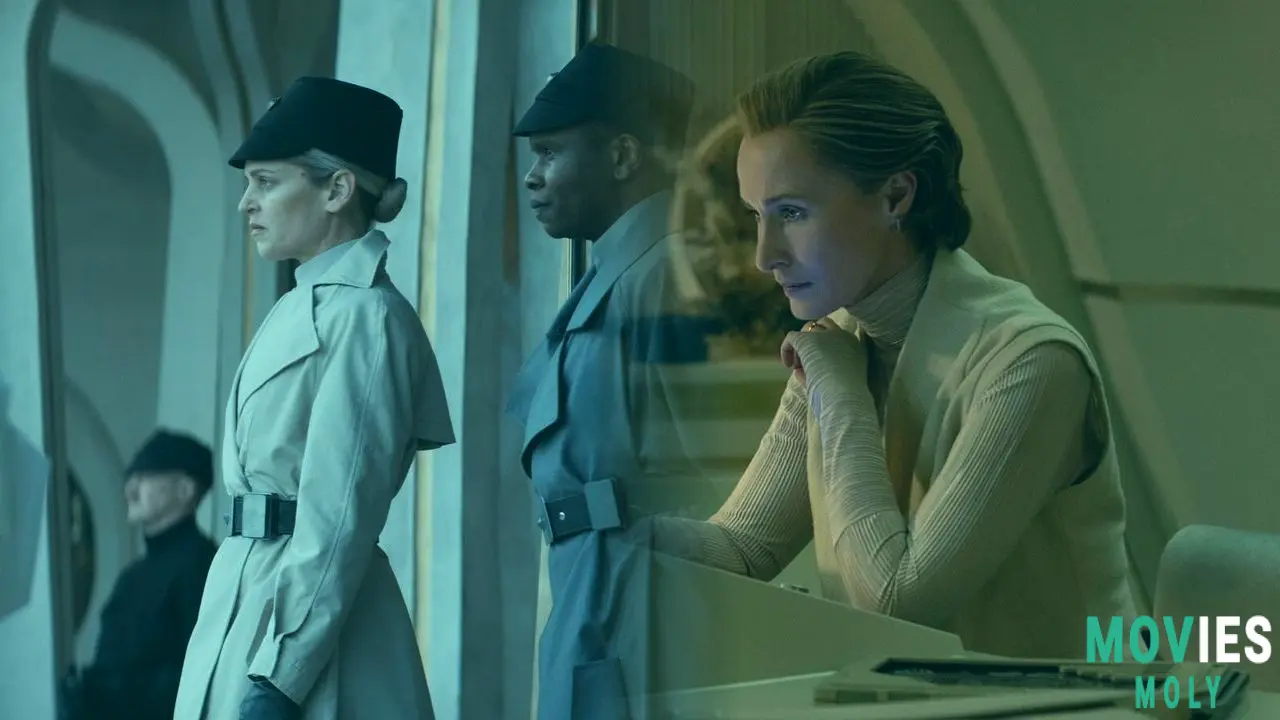
The Empire’s massacre on Ghorman is as brutal in its execution as it is clever in its storytelling. Through the Empire’s manipulation — misinformation, false-flag violence, and media spin — Andor illustrates how oppression doesn’t just use force, it weaponizes perception. Gilroy doesn’t draw direct lines to real-world events, but he doesn’t have to. The imagery speaks for itself: unarmed protestors gunned down, resistance painted as terror, natural resources exploited under the guise of control.
Asking who the audience is watching — and what truths they’re willing to ignore — is the type of question Gilroy weaves into the fabric of these episodes. When Mon Mothma calls the Empire’s actions “genocide,” she’s not just condemning a regime; she’s naming a pattern that repeats across history. That Star Wars is now willing to wrestle with that pattern, rather than dance around it, is thanks to Gilroy’s commitment to honesty.
Character-driven choices give rebel mythology a human heartbeat
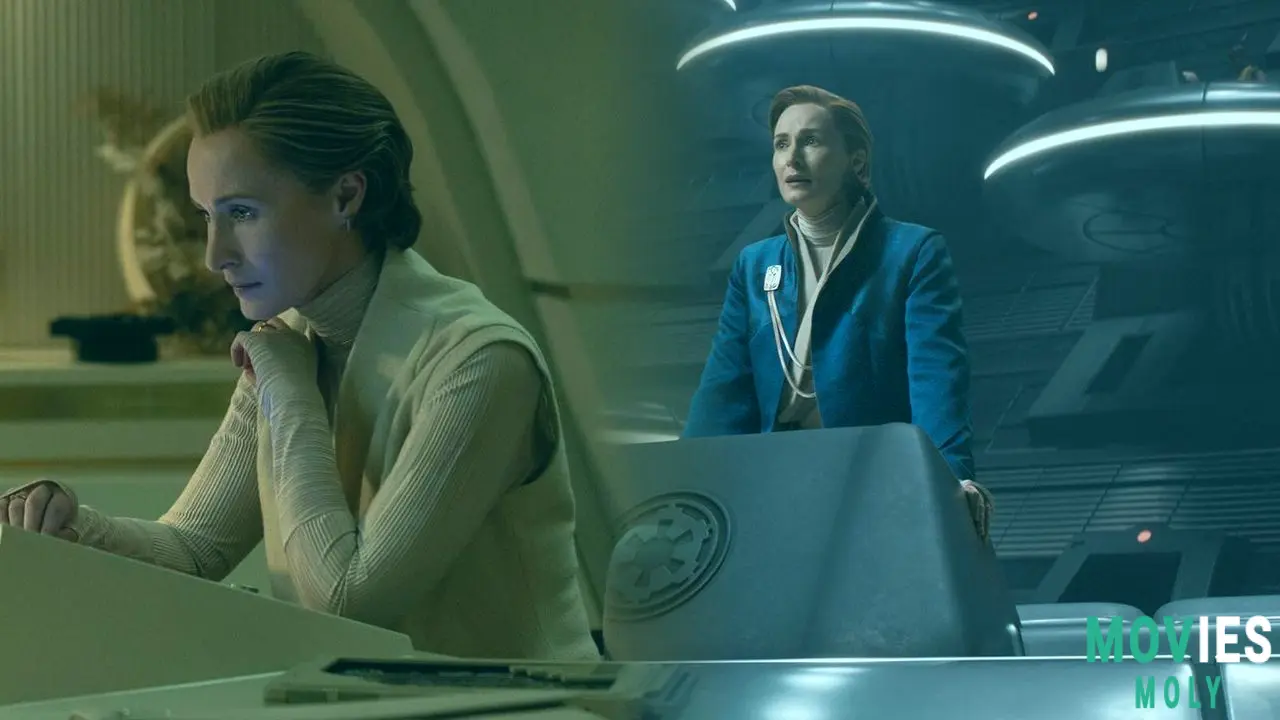
Gilroy’s writing shines most when it gives characters room to breathe and break. Mon Mothma’s decision to drop her Senate robe — unscripted but deeply symbolic — marks her full transition from political operator to rebel risk-taker. Cassian Andor’s desperate fight to save her, even when he’s beginning to want out of the Rebellion, sets up his trajectory perfectly. These aren't just plot points; they're transformations grounded in how people react to trauma, truth, and time.
Even Syril Karn’s descent from loyal imperial to broken ideologue is handled with care. His final confrontation with Cassian — a punch-drunk exchange with no weapons and no deeper understanding — encapsulates years of personal and ideological collapse. Gilroy doesn't turn Syril into a villain at the last minute; he lets him fracture into something tragically human.
Andor’s structure may rush some arcs, but Gilroy’s themes never falter
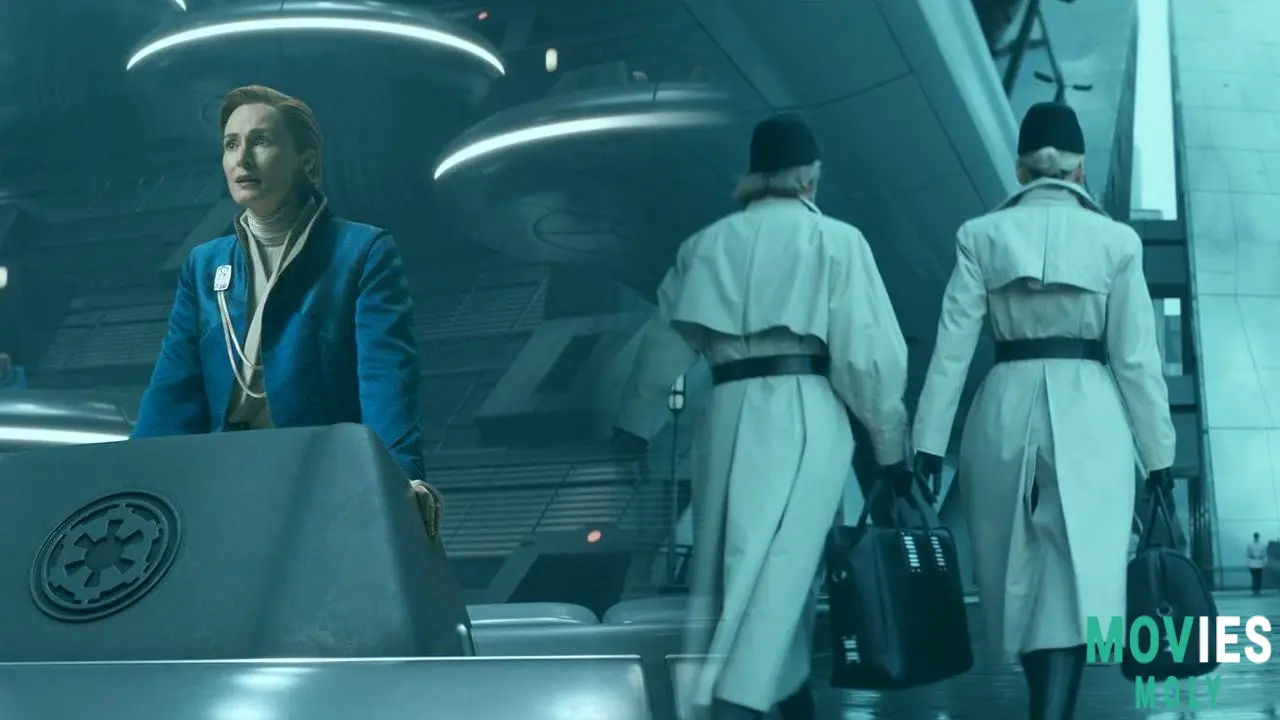
Critics have pointed out that compressing what was once planned as four seasons into one has left some character arcs feeling rushed. Bix Caleen’s sudden decision to abandon Cassian, hoping to save him by forcing him to stay in the fight, lands more as a narrative necessity than earned emotional growth. But even in these moments, the bigger themes — sacrifice, weariness, purpose — remain sharp. Gilroy is aware of where the story is headed (Rogue One), and he's using that knowledge not to spoil, but to deepen.
And that's the key. Even when we know Mon Mothma will survive this night, and that Cassian will too, the stakes feel real. Because Gilroy lets us see what survival costs. He lets us see the Rebel Alliance not as heroes from the start, but as a coalition born from chaos, compromise, and courage.
Gilroy gave Star Wars a voice that refuses to look away
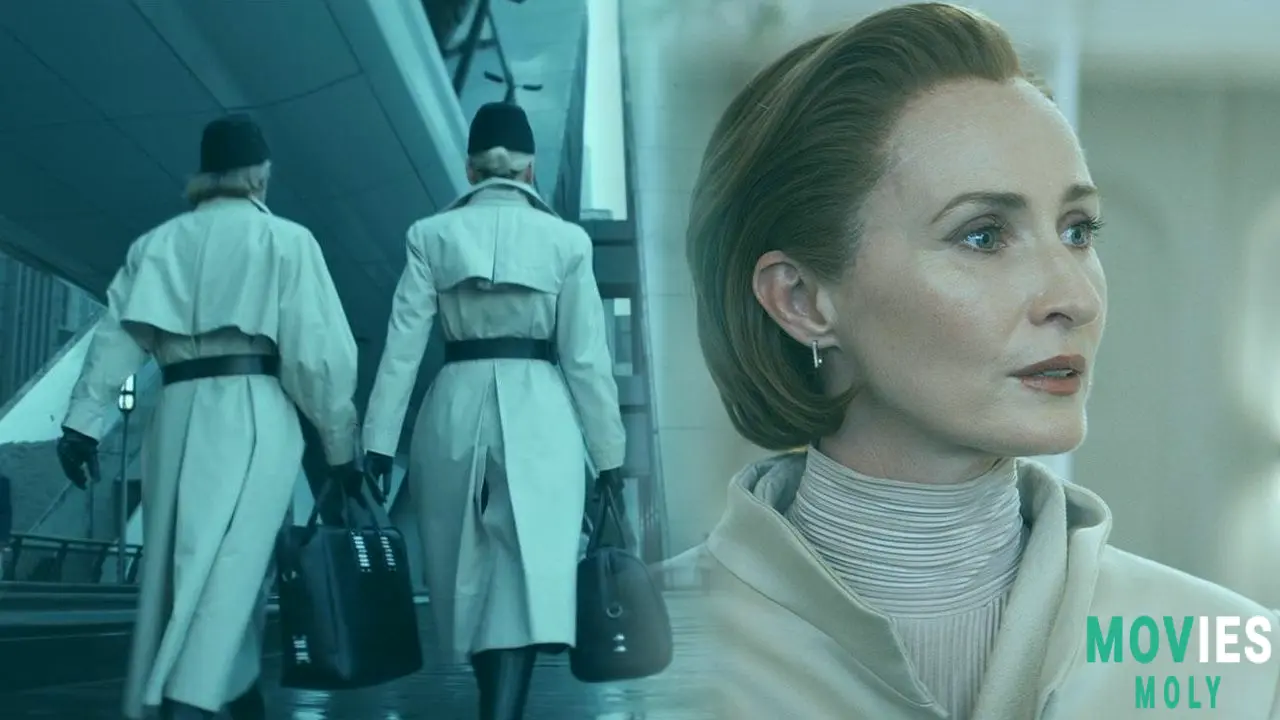
Tony Gilroy’s Andor doesn’t just fill in gaps between old movies — it speaks to a truth about storytelling itself. That not all battles are fought with lightsabers. That truth can be weaponized. That genocide is a word some powers don’t want used, no matter how accurate it is. That rebellion often begins not with hope, but with the sheer force of not being able to stand silent anymore.
With Andor, Gilroy gave Star Wars its sharpest political voice since George Lucas first imagined stormtroopers as faceless enforcers of conformity. And he did it without naming names, without pointing fingers, and without losing the sense of wonder that makes this galaxy worth watching in the first place.

